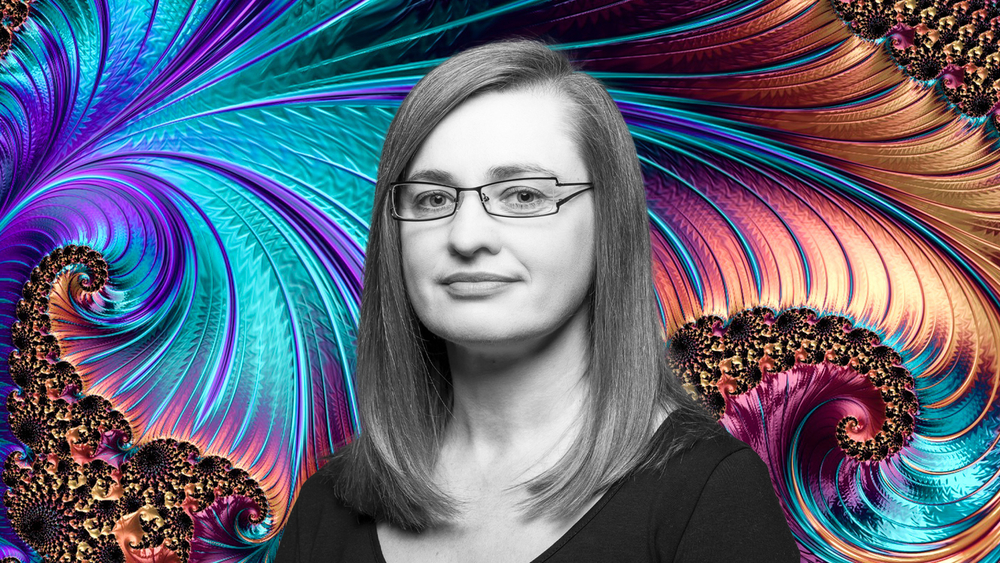
Dr Monika Kaźmierczak is a Polish teacher, a speech therapist, a voice trainer, a voice disorder rehabilitation specialist and an early support of child's development therapist. For several years, she has been exploring the secrets of cluttering and actively popularising (not only in Poland) current and reliable knowledge about this speech disorder. She has founded and runs "Grupa G jak Giełkot” (Group G for GIEŁKOT which means Cluttering in Polish) on Facebook – for everyone who wants to learn more about clattering/cluttering with stuttering/stuttering with cluttering
What inspired you to become a scientist?
The world is extremely interesting, I have always liked discovering its secrets, asking myself and others questions: "Why"? "What for"? "How"? At the university, I met people for whom cognition was equally great fun. So I have become a scientist.
What impact does your work have on the surrounding reality?
Cluttering, i.e. cluttered speech, which I deal with, is a bit like a yeti – few have heard of it, few can recognise it accurately, and it may occur in approximately 1% of the population. Current needs and challenges? Critical reflection on the so far and new approach to cluttering, popularising reliable, up-to-date knowledge about this speech disorder, paying attention to the communication comfort of a person who clutters, but also their interlocutors, changing social attitudes towards cluttering.
How do you understand the term: profession of a scientist?
A scientist is an inquisitive and reliable person. A scientist strives to get to know the nature of things, looks carefully, notices non-obviousness in what seems clear and a hidden order in apparent chaos. What's more, a scientist can describe it.
More information about Dr Monika Kaźmierczak’s work
Uniwersytet Łódzki miejscem badań nad mową bezładną [University of Lodz as a place for research on disordered speech]
Giełkot nasz (nie)powszedni – badania logopedki z Uniwersytetu Łódzkiego [Our (un)common cluttering. Research by a speech therapist from the University of Lodz]
Scientific achievements
ORCID
ResearchGate
Google Scholar
Academia
Polska Bibliografia Naukowa
Source: Dr Monika Kaźmierczak (Department of Polish Dialectology and Logopaedics, Faculty of Philology)
Edit: Michał Gruda (Communications and PR Centre, University of Lodz)
The mission of the University of Lodz is to conduct reliable research and actively disseminate facts and research results so as to wisely educate future generations, be useful to society and courageously respond to the challenges of the modern world. Scientific excellence is always our best compass. Our values include: courage, curiosity, commitment, cooperation and respect.
